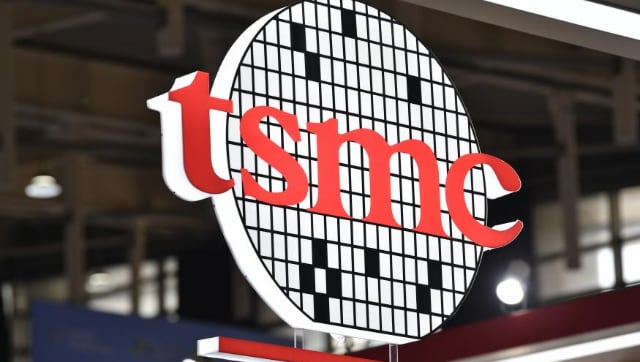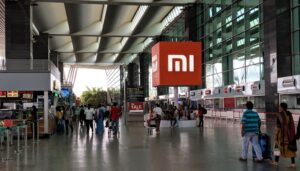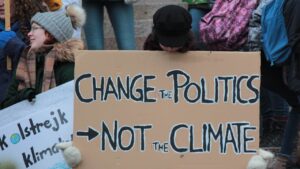
TSMC is facing some massive challenges in setting up its fabrication unit in Arizona, US. The biggest challenge that it is facing is that of shortages of skilled labour who can set up the plant to the required specification, as well as those who can be employed in the fab units
Taiwan Semiconductor Manufacturing Co. has announced a delay in the production start date of its planned facility in Arizona. Instead of late 2024, production will now commence in 2025.
This delay is seen as concerning given the efforts by the US government to strengthen its chip industry amid its ongoing tech war with China.
Not enough skilled workers in the US
Chairman Mark Liu cited various challenges faced by TSMC at the US facility, including a shortage of skilled workers and higher expenses compared to Taiwan. To address this, the company is relocating some skilled technical workers from Taiwan to the US facility to aid in its development.
Related Articles
“We are working on improving this by sending skilled technical workers from Taiwan to the US,” Liu said on a conference call after revealing TSMC’s earnings from last quarter.
The US administration under President Joe Biden has prioritized the development of domestic chip production, with substantial subsidies offered under the Chips Act, potentially reaching $50 billion. Geopolitical tensions between the US and China have also brought attention to the vulnerability of Taiwan, a region that China claims as its territory.
TSMC made these statements while reporting its financial results for the second quarter, where it also adjusted its revenue outlook for 2023, projecting a 10 per cent decline in US dollar terms.
A sinking venture?
ASML Holding NV, a major chipmaking equipment producer, cautioned that politicians may be underestimating the complexities involved in establishing new fabs (fabrication plants). While various governments aspire to have their own chip production capabilities, the process is intricate and demands specialized expertise.
ASML’s CEO, Peter Wennink, emphasized that the skills required for such production have been honed over decades, primarily in Taiwan, Korea, and to some extent in China. Acquiring access to these skilled workers and maintaining construction schedules pose significant challenges.
“People don’t seem to realize that when we start building those fabs across the globe now and everywhere, that skill has been refined over the last couple of decades in only a few places on the planet — predominantly in Taiwan and in Korea and a bit in China,” he said. “Getting access to the requisite skills and skilled workers to keep the construction plan on time is a challenge,” he added.










